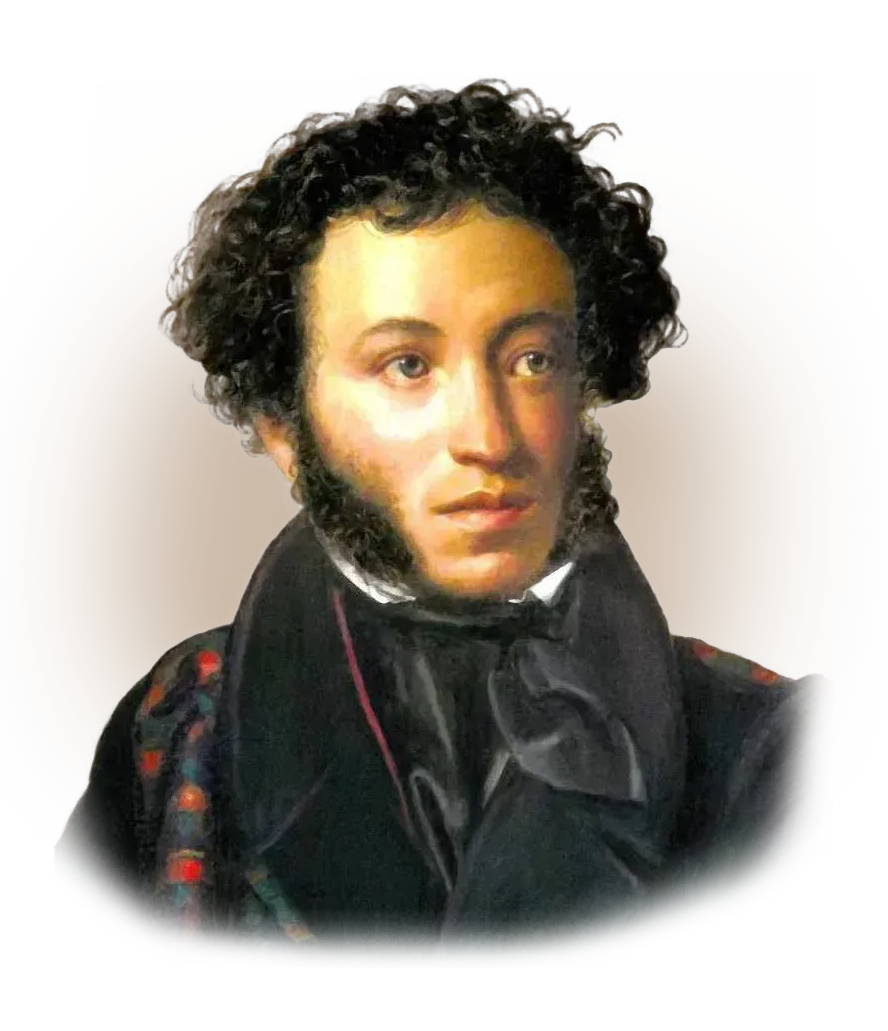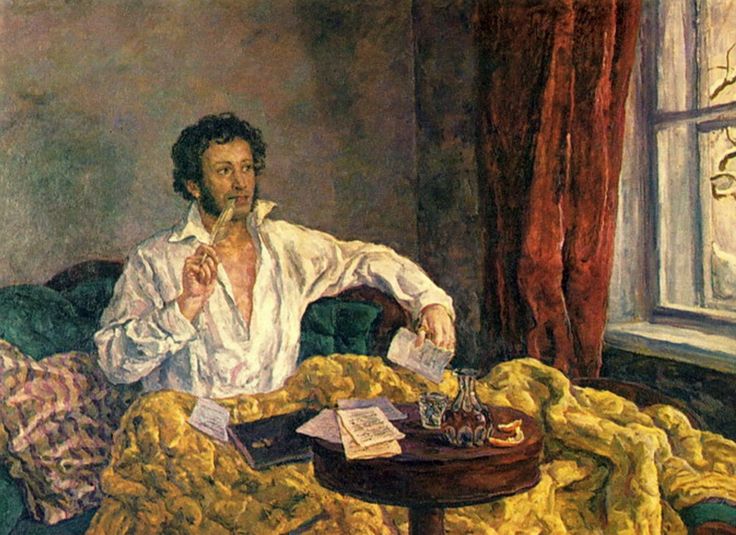
17.10.2023
Alexander Pushkin, Russia’s literary titan, possessed a remarkable versatility that allowed him to excel in various literary genres. His works spanned from epic poetry to lyrical verse, from drama to prose, showcasing his profound command over a wide array of writing styles. Let’s delve into the genres that Pushkin preferred and masterfully navigated, leaving an indelible mark on the landscape of world literature.
1. Lyric Poetry
Pushkin’s lyrical poetry stands as a testament to his poetic brilliance. He crafted exquisite verses that delved into themes of love, nature, melancholy, and philosophical contemplation. His lyricism, marked by elegance and emotional depth, established him as a quintessential Romantic poet. Pushkin’s ability to evoke profound emotions through his verses set a standard that poets would aspire to for generations.
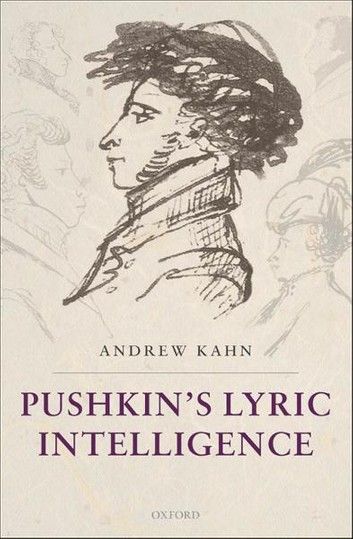
2. Epic Poetry
Pushkin’s mastery extended to the realm of epic poetry. His magnum opus, “Eugene Onegin,” is a novel in verse that combines narrative prowess with poetic finesse. Through this work, Pushkin revitalized the Russian literary tradition, introducing a new form of novelistic storytelling. The epic scope of “Eugene Onegin” solidified Pushkin’s reputation as a trailblazer in the world of literature.
3. Drama
Pushkin demonstrated his theatrical genius through his plays, including “Boris Godunov” and “The Stone Guest.” In these works, he skillfully depicted historical events and explored complex characters. His plays not only captivated audiences with their dramatic intensity but also delved into profound themes of power, morality, and fate. Pushkin’s contributions to Russian drama continue to influence playwrights and directors worldwide.
4. Prose
Pushkin was a master storyteller in prose as well. His prose works, such as “The Queen of Spades” and “The Captain’s Daughter,” showcased his narrative finesse and ability to create compelling characters and intricate plots. Through his prose fiction, Pushkin explored the human psyche, delving into themes of obsession, ambition, and morality. His prose writings remain celebrated for their psychological depth and narrative craftsmanship.
5. Satirical Works
Pushkin’s keen wit and sharp observation found expression in his satirical writings. He crafted biting social commentaries, exposing the vices and absurdities of the aristocracy and society. Pushkin’s satirical works, including his epigrams and short stories, showcased his ability to critique societal norms and challenge the status quo. His satirical pieces served as a precursor to the social and political critiques found in later Russian literature.
In conclusion, Alexander Pushkin’s literary legacy is a rich tapestry of genres, each thread woven with exquisite skill and poetic brilliance. His ability to excel in diverse literary forms, from lyrical poetry to epic narratives and from drama to prose fiction, attests to his unparalleled talent. Pushkin’s works not only defined the Golden Age of Russian literature but also continue to inspire writers and readers globally, making him an enduring icon in the literary world.
You may also like:
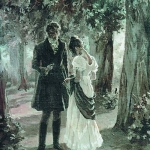
17.10.2023
Unforgettable Characters in Pushkin's Literary Legacy: Icons of Russian Literature
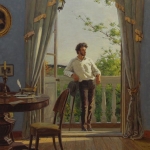
17.10.2023
Pushkin's Stylistic Brilliance and His Enduring Impact on Russian Poetry

25.04.2023
Alexander Pushkin's relations with his contemporaries

25.04.2023
What kind of links did the authorities send Alexander Pushkin to?
